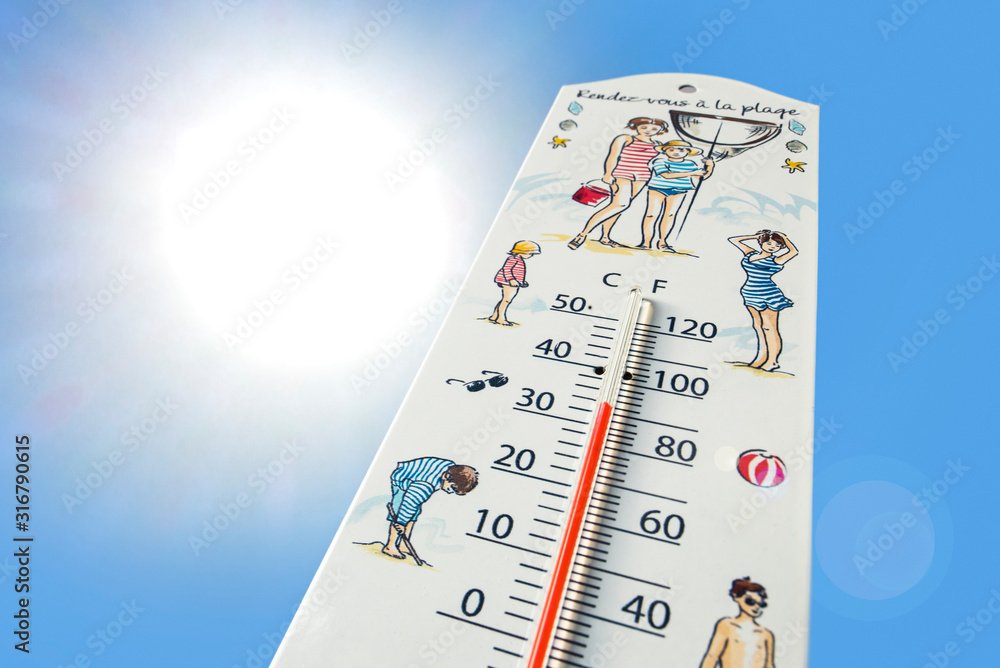
Into the Detail of the Renters Reform Bill
Since the White Paper was published last Thursday, our Advice Line has been bombarded with questions about the Bill And rightly so given this is the most significant change in the Private Rented Sector since the Housing Act 1988 was introduced. We will be dealing with the detail of the Bill on June 29th in London during the training session we will be running, however, there are some important questions that need to be answered quite urgently. (Questions asked through our Advice Line).
1. Will the Section 21 Notice disappear next month?
No definitely not
2. What will replace the Section 21 Notice?
A re-vamped version of the Section 8 Notice with additional Grounds
3. How quickly will the legislation be implemented?
Before the Bill becomes an Act. There is no set time limit - the Bill it will be scrutinised by peers and MPs as it makes its way through parliament. This process is known as 'Parliamentary Ping-pong' and refers to the to and fro of amendments to Bills between the House of Commons and the House of Lords. It is during these multiple stages that amendments are made before the Bill finally becomes law.Given the complexity of the content of the Bill, this process may last 12 months or more.

A Look into the Future of the Private Rented Sector - The Publication of theWhite Paper & Renters Reform
After a lot of back and forth, the Government finally published the fairer private rented sector white paper on the 16th of June 2022 which outlines what will ensure millions of families benefit from living in decent, well looked-after homes as part of the biggest shake up of the private rented sector in 30 years.
A new blueprint for renters reform will end the injustice of properties which are unfit for Human Habitation and help protect renters from rising cost of living. The changes are pivotal and significant, and include:-
The removal of the section 21 notice (Form 6A. So-called ‘no fault’ section 21 evictions (which for clarity, NOT EVICTIONS) that allow landlords to terminate tenancies without giving any reason – will no longer be possible.
Extending the Decent Homes Standard within the Private Rented Sector
The end to arbitrary rent review clauses, which will give tenants stronger powers to challenge poor practice, unjustified rent increases and enable tenants to be repaid rent for non-decent homes (RROs)
A blanket ban on refusing to rent to families with children or tenants in receipt of benefits
Making it easier for tenants to share their homes with much-loved pets
The white paper marks a generational shift that will redress the balance between landlords and 4.4 million private rented tenants.

Heatwave on the Way
On Friday temperatures in some parts of the UK are set to reach 33 degrees. Whilst some welcome the sun with great enthusiasm, it is crucial to be mindful that heat can cause problems for some people. It is important to remind everyone around us, especially those who are most vulnerable, such as older people and those with heart or lung conditions. Make sure to look out for signs of heat exhaustion and follow our simple health advice to beat the heat.
The following are tips may help us keep cool:-
Wear light clothing
Hydrate Hydrate Hydrate
Get a fan
Put ice cubes in front of a fan
Exercise early in the morning or later in the evening
Keep curtains closed
Ice lollies are great
When going out in the sun wear sun block, a hat and sunglasses

Pesky Pests in Rental Properties
Under the Housing Health and Safety Rating System (HHSRS) the causes of pest infestation and the impact on the tenant is high on the agenda and is one of the 29 Hazards. Health hazards due to poor design, layout and construction can make it hard for the occupant to keep the property clean and hygienic, and as a result pests can be attracted.
The HHSRS takes into consideration the following: -
Access into and harbourage within the dwelling for pests
Insect infestation (e.g., cockroaches) and infections (spread by insects and rats and mice)
Access into and harbourage within the dwelling for pests
Inadequate and unhygienic provision for storage and disposal of household waste.
Inadequately stored/accumulated refuse allowing access for insects, rodents, pests, birds, squirrels, foxes
Service ducts and holes around pipes e.g., central heating harbour insects and provide access between dwellings in blocks
Access to open drains by rodents
Access for rodents by means of ill-fitting doors and windows
Uneven and/or cracked internal walls and/or ceilings allowing access for pests
Missing/damaged brickwork including airbricks to external walls and other disrepair to external walls and roof
Therefore, it is up to the landlord to ensure that the property is fit for human habitation.
